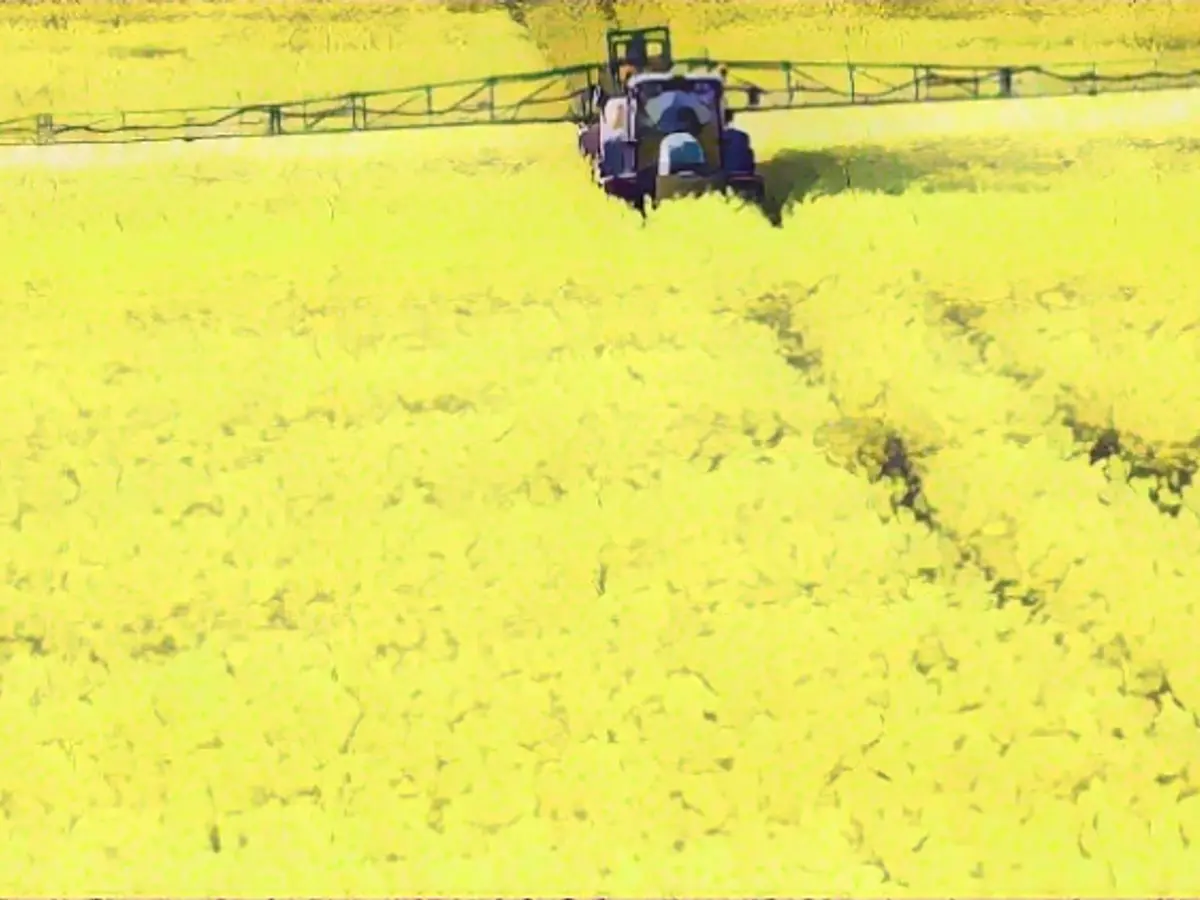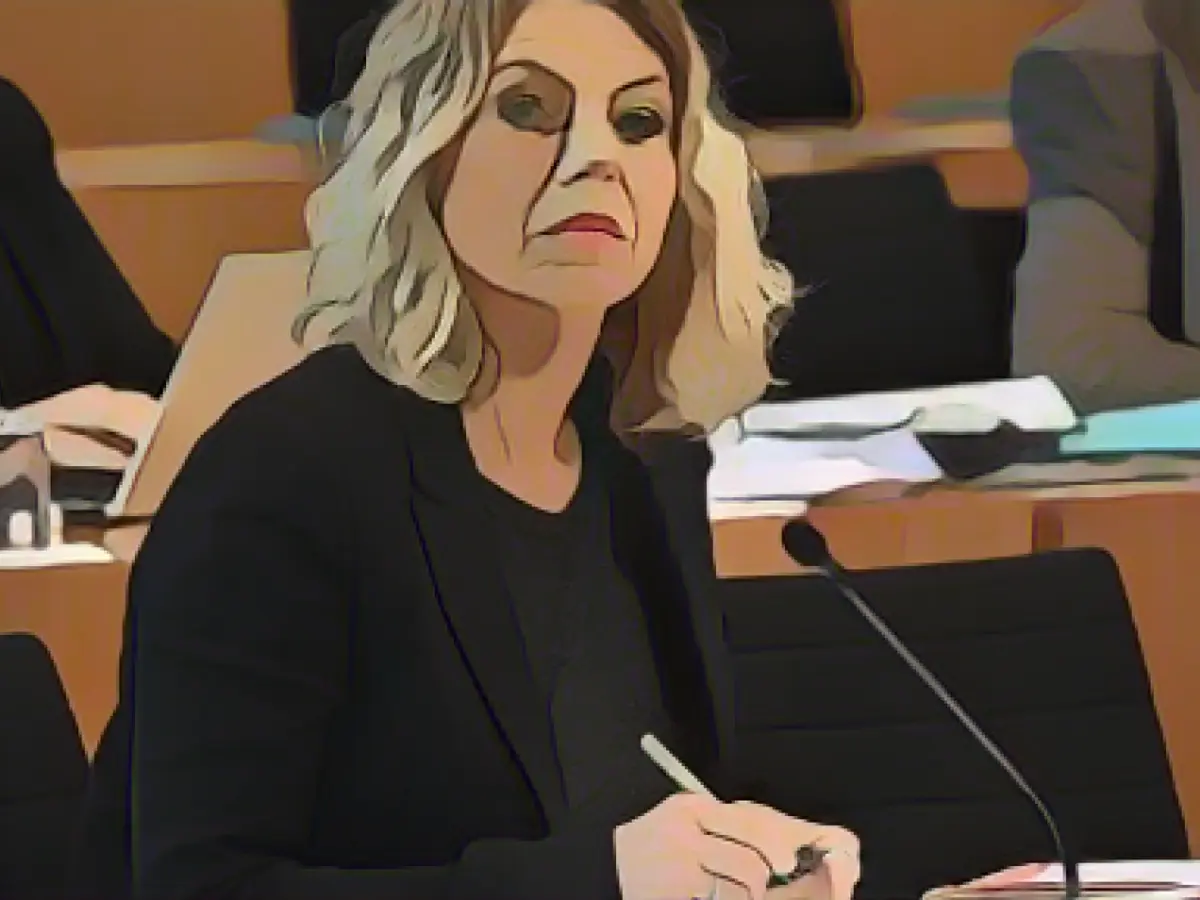EU Parliament Scraps Strict Pesticide Limits, Farmers and Greens Angered
Unhappy Farmers and Conservatives over EU Commission's Pesticide Reduction Plan
As we head towards the end of the decade, the EU Commission had planned for a significant decrease in pesticide use across European farms. However, a majority of votes in the EU Parliament have rolled back these intentions, sparking outrage from environmental advocates and farmers alike.
The European Parliament's Overturn
In a narrow vote, the European Parliament scrapped the EU Commission's plans, which aimed to reduce pesticide use by half by 2030. The parliament decided against further negotiation, marking a "black day" for European farmers and nature, as expressed by the Greens' rapporteur, Sarah Wiener. The decision, advocated by Conservative MEPs, prioritizes the interests of major agricultural companies over human health and the environment.
Agricultural Associations Show Support
However, the decision found favor with agricultural associations, like Copa-Cogec, which rejoiced that the EU Parliament recognized the deficiencies in pesticide regulation as "poorly adapted, unrealistic, and without funding." The rejection of "impractical requirements" was also welcomed by the German Farmers' Association, as it fears restrictions would cause significant harm to many European farms.
Weakening of Legislation
The regulations put forward by the EU Commission were watered down during numerous amendments tabled by Conservative MEPs. The implementation of bans on pesticides in urban parks, schools, and sensitive areas within Natura 2000 sites has been postponed by five years. Additionally, binding targets for member states have weakened, and the sensitive areas clause was removed from the draft.
Possible Future Attempts
The emasculated version of the law was criticized by environmental organizations like the BUND, which lamented the prioritization of profit over health and the environment. The BUND described the decision as a "setback" to food security. Theoretically, the negotiations could still continue, but the possibility of a new initiative is considered slim.
Existing Legislation and Proposed Vision
Despite the failure of the current plans, the EU Commission is expected to present its vision for agriculture and food, which may include ambitious steps to reduce pesticide use. The draft vision includes tougher trade rules on pesticides, as well as increased checks to prevent banned substances from entering the EU.
However, there have also been delays in implementing meaningful action on water pollution and pesticide reduction, as the European Parliament’s environment committee has faced delays in the update of EU water pollution standards.
Enrichment Insights
Organizations and associations involved in the farming sector have developed a Roadmap for Pesticide Phase-Out, which covers key demands for reducing pesticide use in Europe. This includes setting clear reduction targets, providing necessary support to farmers during the transition, and implementing existing EU pesticide laws more effectively.







